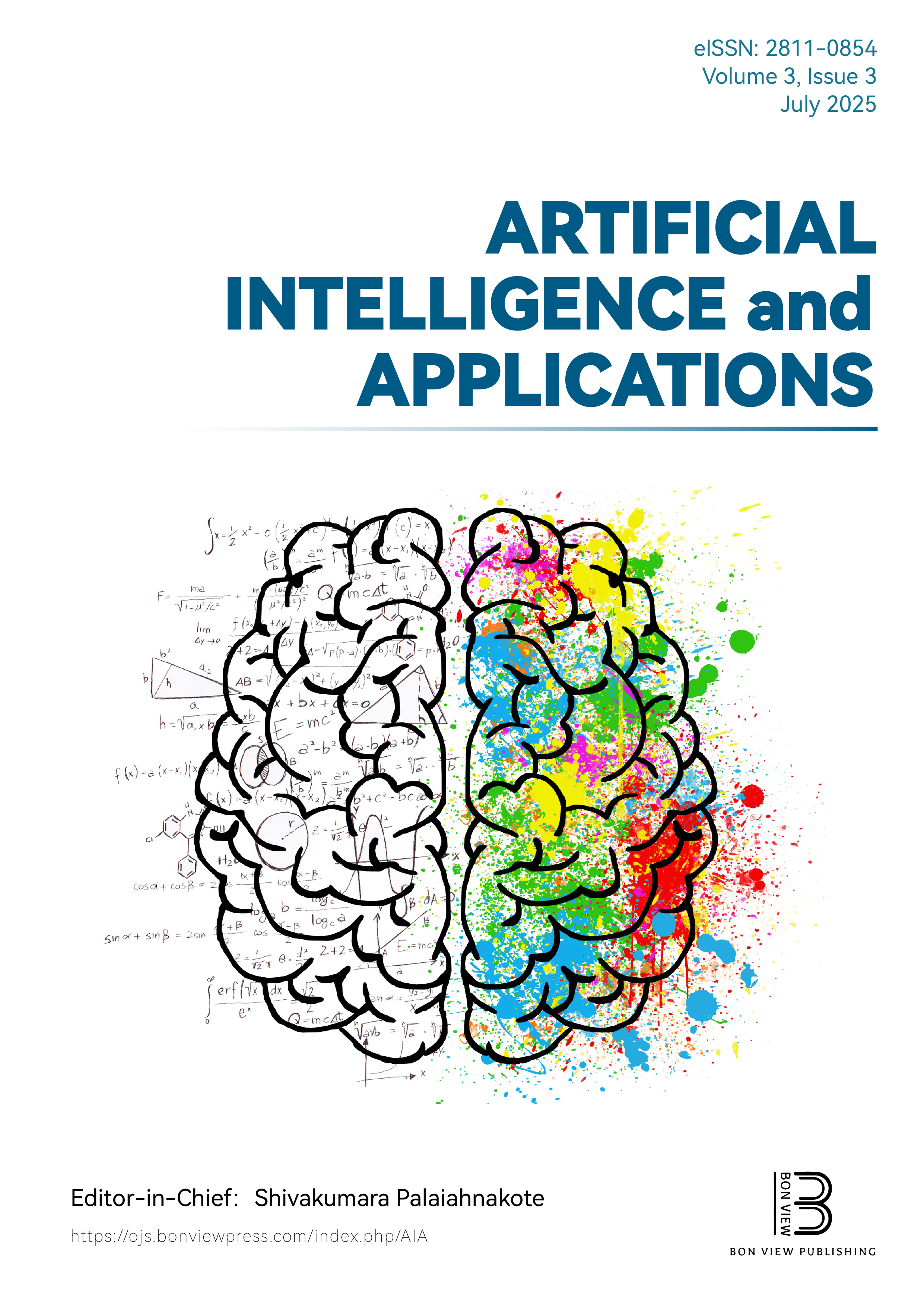Credit Default Prediction Using Time Series-Based Machine Learning Models
DOI:
https://doi.org/10.47852/bonviewAIA52023655Keywords:
credit default prediction, time-series model, machine learning, convolutional neural network, long and short-term memoryAbstract
Credit card defaults are among the most significant risks in the financial world, with the potential to negatively impact the overall financial health of the entire economy. Enhancing the accuracy of predicting and identifying credit defaults is essential in mitigating credit losses and minimizing financial risks in credit risk management. This research specifically focuses on the prediction of credit card defaults by comparing various traditional machine learning models. More importantly, it proposes a novel hybrid framework that integrates convolutional neural networks, long short-term memory, and attention mechanisms. By incorporating time-series components into our hybrid model, we achieved a notable improvement in predictive accuracy, outperforming the best traditional model by 16%. This study highlights the significant benefits of integrating temporal sequences into credit risk models, as it can greatly enhance the precision, reliability, and overall performance of credit card default predictions, offering important advantages for improving long-term financial stability and reducing associated risks.
Received: 19 June 2024 | Revised: 9 December 2024 | Accepted: 14 February 2025
Conflicts of Interest
The authors declare that they have no conflicts of interest to this work.
Data Availability Statement
The data that support the findings of this study are openly available in Kaggle at https://www.kaggle.com/competitions/amex-default-prediction, reference number [1].
Author Contribution Statement
Yujuan Qiu: Conceptualization, Methodology, Software, Validation, Formal analysis, Investigation, Resources, Data curation, Writing – original draft, Writing – review & editing, Visualization, Supervision, Project administration. Jianxiong Wang: Methodology, Software, Validation, Formal analysis, Investigation, Resources, Data curation, Writing – original draft, Writing – review & editing, Visualization.
Downloads
Published
Issue
Section
License
Copyright (c) 2025 Authors

This work is licensed under a Creative Commons Attribution 4.0 International License.


